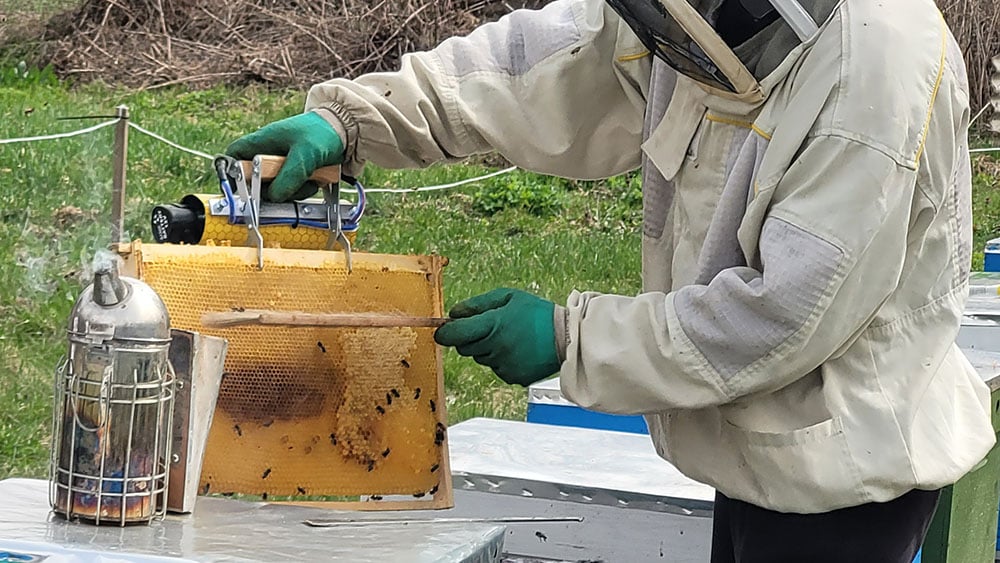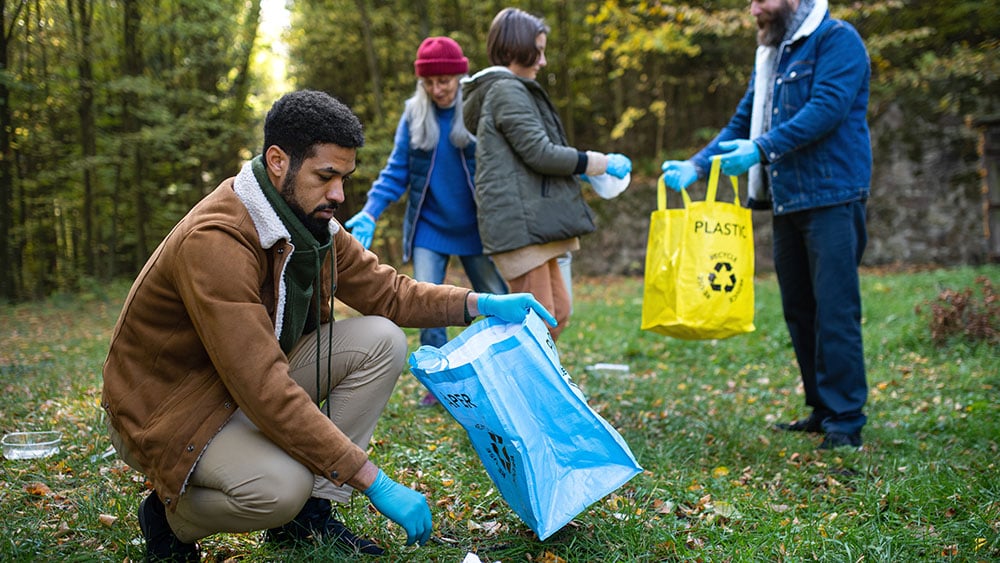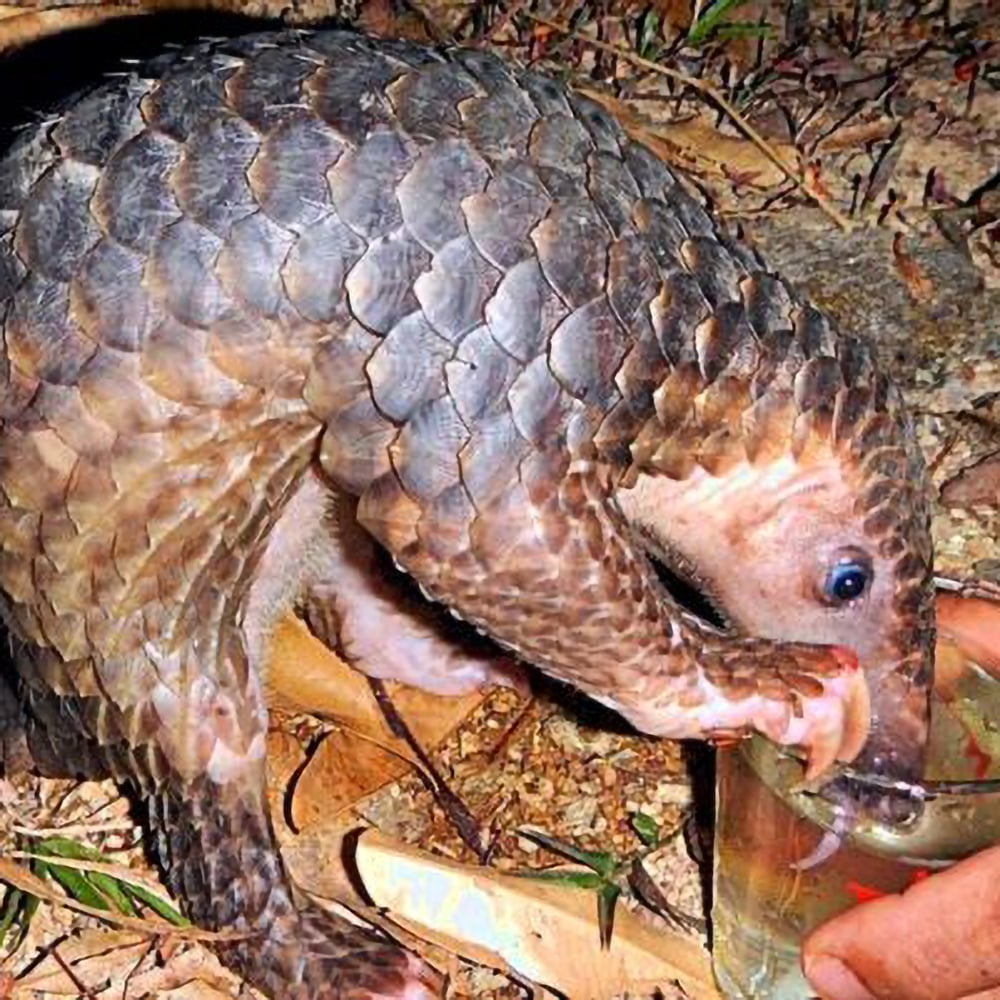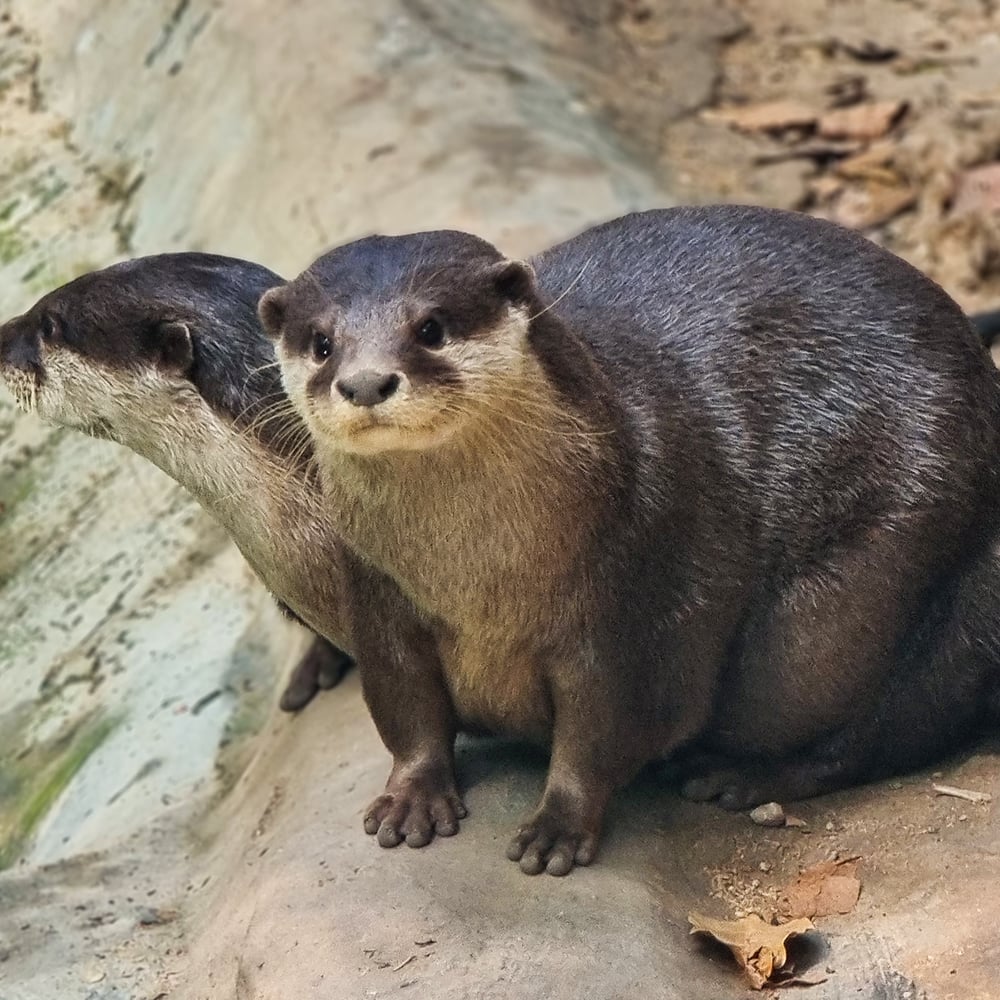7 Simple Ways to Celebrate Earth Month

1) Plant a Pollinator Garden
 Photo © Greater Good Charities
Photo © Greater Good Charities
Bees and other pollinating insects are critical to biodiversity and our food supply. The simple truth is that without pollinators, we could not survive. One way to protect them is to plant a pollinator garden. To start, select a variety of native plant species that bloom from early spring to late fall. These can include annuals, perennials, shrubs, and bushes. This garden can be large if you have the space or as small as a window planter—everyone can create an oasis for our pollinator friends.
2) Take a Clean-Up Walk

Gather friends, gloves, and garbage bags, and take a walk. During your trek, pick up any litter you see (bonus points for separating recyclables). Not only will you have a chance to enjoy nature, but you will prevent garbage from going into local waterways and protect animals from eating trash. Even a short clean-up walk makes a big difference.
3) Learn About an Endangered Species
 Photo © Wildlife at Risk Photo © Wildlife at Risk |
 Photo © Wildlife at Risk Photo © Wildlife at Risk |
Whether you’re interested in learning about the most trafficked mammal in the world or want to find out how you can save the smallest otter species, more than 157,100 species are listed on the IUCN Red List and need your help. Knowledge is power, and learning about these important animals and sharing your education with others can make an impact before it’s too late. Learn more about Project Peril, Greater Good Charities’ program to help conserve species identified as in peril, threatened, endangered, or close to extinction worldwide.
4) Take a Consumption Reduction Challenge
Not only is it great for your wallet, but taking a no or low-spend challenge significantly impacts the environment. Over-consumption contributes directly and indirectly to climate change, pollution, biodiversity loss, and resource depletion.
Here are some easy steps to follow for a consumption reduction challenge:
- Pick a time frame that works for you: one day, one week, one month, or even one year.
- When embarking on a no or low-spend challenge, it's helpful to identify the items you can cut back on. Many find success by limiting purchases to essentials like food, utilities, shelter, and transportation.
- Let others know about your challenge for additional support, or do it together as a friendly competition.
- Celebrate your success after the challenge is complete.
5) Opt for a More Sustainable Diet
A sustainable diet considers the environment and food supply when planning meals. According to the World Health Organization, food production accounts for 20–30% of global greenhouse gas emissions and up to 66% of water usage.
Sustainable eating means seeking out local and seasonal foods. Focus on eating more vegetables, fruits, whole grains, nuts, and legumes. Reducing your consumption of red meat, processed foods, and refined grains will also positively impact greenhouse gases and water usage.
6) Donate to Protect Biodiversity
At Greater Good Charities, every month is Earth Month. We work year-round to protect and preserve endangered species and their vital habitats around the world. When you donate, you continue our mission and make a significant difference in our planet’s biodiversity. Learn more about our planet initiatives.
7) Do a Plastic Audit
![AdobeStock_324169760-[Converted]](https://greatergood.org/hs-fs/hubfs/AdobeStock_324169760-%5BConverted%5D.png?width=1000&height=346&name=AdobeStock_324169760-%5BConverted%5D.png) More than 300 million tons of plastic are produced worldwide every year.
More than 300 million tons of plastic are produced worldwide every year.
Single-use plastic has a massive impact on the planet. Reducing plastic consumption can prevent greenhouse gases and microplastics from entering the environment.
To reduce your consumption, it’s important to understand where you’re starting. First, record all the plastic that goes in and out of your house over a week or even a month. Then, review your list and see if there is an opportunity to swap to more sustainable sources. For example, using reusable straws, bags, coffee cups, and water bottles is a great place to reduce plastic usage.
By making small changes every day, we can have a big impact on the planet. Keep the conversation going on social media and tell us how you are celebrating this Earth Month.


%20copy.png)